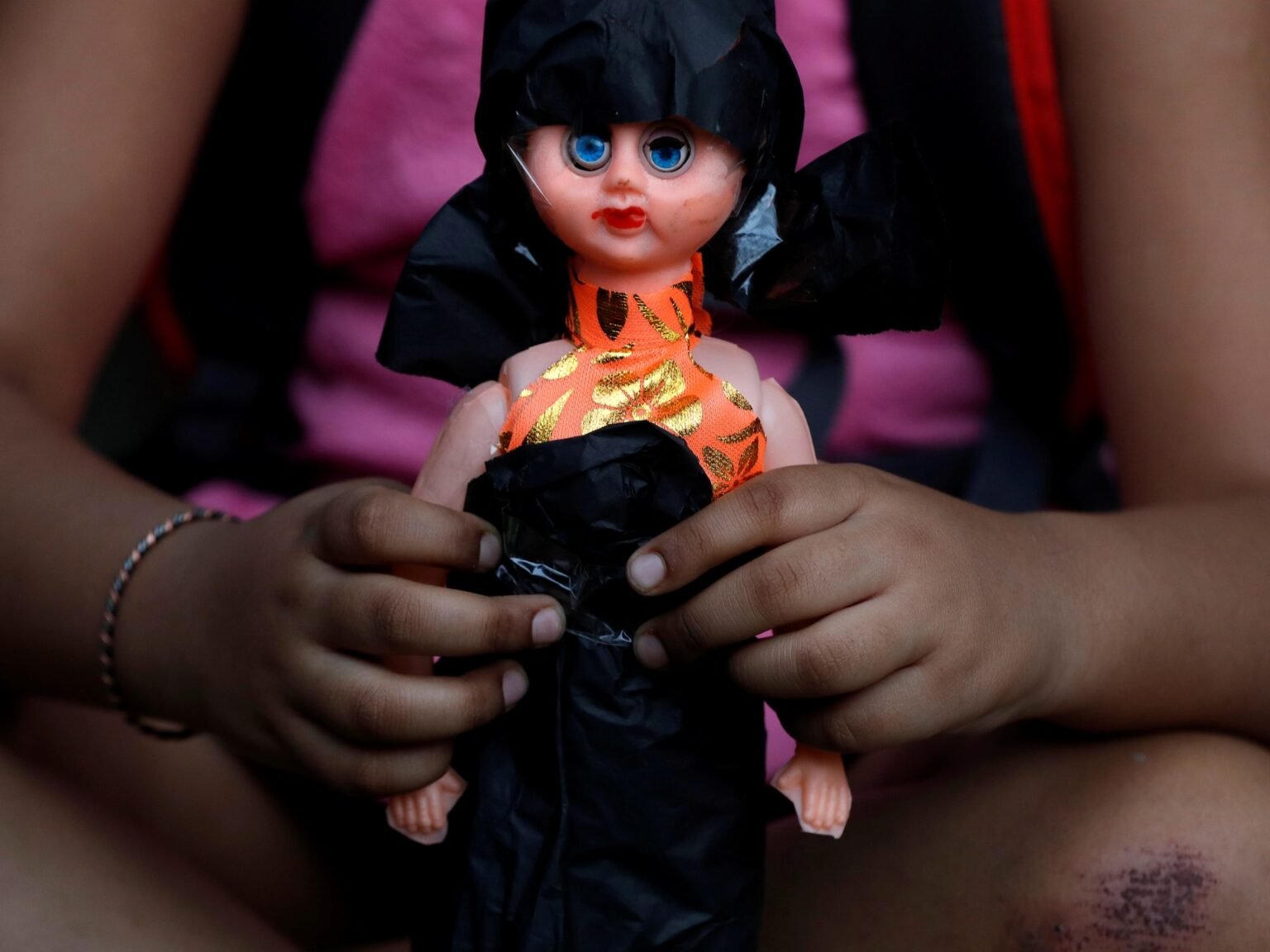The UNICEF report highlights the shocking prevalence of sexual violence against children worldwide, with more than 370 million girls and young women experiencing rape or sexual assault before the age of 18. The highest number of victims were recorded in sub-Saharan Africa, with 79 million girls affected, particularly in countries facing conflict and insecurity. The report also found that girls who have suffered sexual abuse often struggle to learn at school, highlighting the long-lasting impact of this trauma on their lives.
While the majority of victims are girls and young women, the report also noted that 240 to 310 million boys and men worldwide have experienced rape or sexual assault during childhood. UNICEF Executive Director Catherine Russell emphasized that sexual violence against children is a moral issue, causing deep and lasting trauma often inflicted by someone known and trusted by the child. This violence is observed most frequently in fragile settings with weak institutions, refugee populations, or where UN peacekeeping forces are present, including conflict zones where rape is used as a weapon of war.
The data revealed that sexual violence against children transcends geographical, cultural, and economic boundaries, affecting millions of individuals across various regions. Sub-Saharan Africa was identified as having the highest number of victims, followed by Eastern and Southeastern Asia, Central and Southern Asia, Europe and Northern America, Latin America and the Caribbean, Northern Africa and Western Asia, and Oceania. The release of this comprehensive global estimate is a significant step forward, relying on national data and international survey programmes conducted between 2010 and 2022, although there are acknowledged limitations and under-reporting in some countries.
The report underlines the urgent need for greater awareness, prevention, and intervention efforts to address the pervasive issue of sexual violence against children. UNICEF is calling for coordinated action at the international, national, and community levels to protect children from such atrocities and provide support for survivors. Nankali Maksud, a child violence specialist at UNICEF, described the impact of sexual abuse as “generations of trauma,” illustrating the profound and lasting effects on individuals and communities. The agency aims to raise awareness about this global crisis and advocate for stronger measures to prevent and respond to sexual violence against children.
In response to the findings of the report, UNICEF Executive Director Catherine Russell condemned sexual violence against children as a violation of fundamental human rights and a stain on society’s conscience. She highlighted the role of trust and safety in perpetrating such crimes against children, emphasizing the need for protective measures and support systems to prevent and address sexual abuse. The agency’s data also underscore the critical need for comprehensive and reliable information to guide policy development and resource allocation to combat sexual violence against children effectively. Through collaboration and advocacy, UNICEF aims to create a safer and more supportive environment for all children, free from the threat of sexual violence and exploitation.











